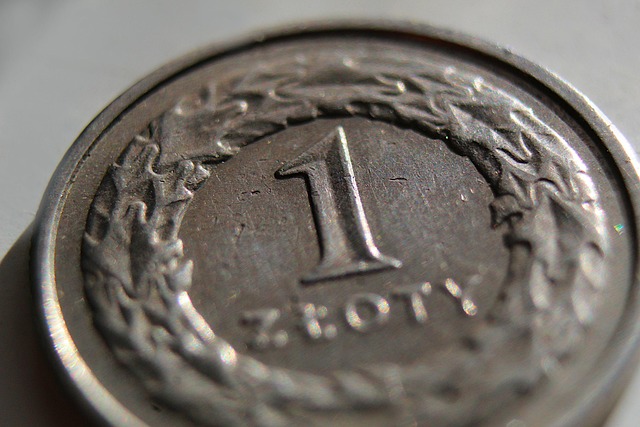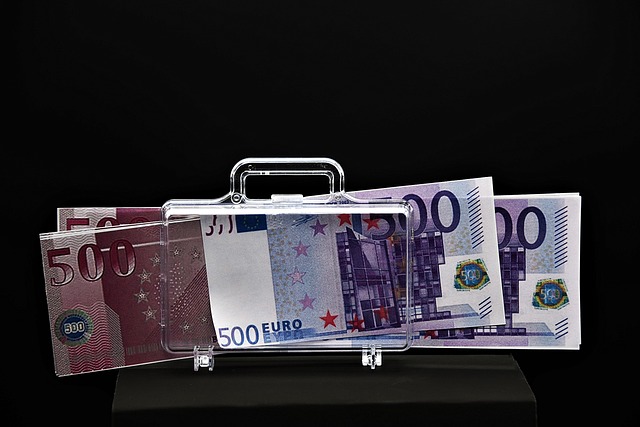Car title loan utility bill verification involves providing recent electric, water, gas, or internet bills to prove identity and address. Lenders cross-reference this data for swift approval, offering funds without traditional credit checks within 2-3 business days. Digital advancements enable remote verification options.
When applying for a car title loan, one of the essential steps is verifying your utility bills. Lenders have specific requirements and accept various types of utility bills for this purpose. This article delves into the intricate details of car title loan utility bill verification. We explore the different utility bill types accepted, the process involved, and the timeframes to ensure a smooth lending experience. Understanding these variations is crucial when navigating the car title loan process.
- Understanding Lender Requirements for Utility Bills
- Types of Utility Bills Accepted for Verification
- Process and Timeframes for Car Title Loan Utility Bill Verification
Understanding Lender Requirements for Utility Bills

When applying for a car title loan, understanding the lender’s requirements for utility bills is crucial to ensure a smooth and efficient process. Lenders often request utility bills as part of their verification process to confirm the borrower’s identity and current address. This step is essential for assessing the borrower’s eligibility and facilitating quick approval. The specific utility bill verification process can vary significantly between lenders, with some requesting recent bills for electricity, water, gas, or internet access, while others may accept alternative documents like lease agreements or property tax statements.
Knowing what lenders consider acceptable utility bills can save borrowers time and frustration. During the application phase, having recent and relevant utility bills readily available demonstrates financial stability and can expedite the loan payoff process. Additionally, understanding these requirements allows borrowers to prepare necessary documentation in advance, ensuring a seamless experience when securing a car title loan. In today’s digital age, some lenders even offer remote verification options, making it easier for borrowers to meet these criteria.
Types of Utility Bills Accepted for Verification

When it comes to utility bill verification for car title loans, lenders have different preferences and requirements. Generally, they accept recent utility bills such as electricity, water, gas, or internet service statements. These bills serve as proof of the borrower’s residency and ability to meet their financial obligations. Some lenders also consider phone or cable bills as valid forms of utility verification, especially if they display a physical address and account holder’s name.
For those seeking quick funding through a title pawn or car title loan, providing recent utility bills is often an essential step in the verification process. It ensures that the lender can validate important details about the borrower’s life, thus facilitating faster approval for needed funds. This streamlined approach allows individuals to access the required capital without undue delay.
Process and Timeframes for Car Title Loan Utility Bill Verification

The process of utility bill verification for a car title loan is designed to ensure accurate and up-to-date financial information. Lenders require borrowers to provide recent utility bills, such as electricity, water, or gas statements, as part of their application. This step is crucial in verifying the borrower’s identity and financial stability. The verification process typically involves cross-referencing the provided bill details with the borrower’s official records and ensuring they align with the loan amount requested.
Timeframes for this verification can vary among lenders, but most commonly, borrowers can expect to wait 2–3 business days after submitting their application. During this period, the lender will contact the utility companies to confirm the billing information and ensure there are no discrepancies. Once verified, lenders move forward with processing the loan, offering repayment options tailored to the borrower’s needs, and determining loan eligibility based on the presented financial data. This streamlined process, free from traditional credit checks, allows individuals with less-than-perfect credit to access needed funds quickly.
When considering a car title loan, understanding the varying utility bill verification requirements among lenders is crucial. Different types of utility bills, such as electricity, water, and gas, are accepted for confirmation, each with specific timeframes for validation. Lenders have distinct processes in place for reviewing these documents, impacting both the loan approval time and the overall borrowing experience. Being informed about these nuances enables borrowers to streamline their car title loan application process.






